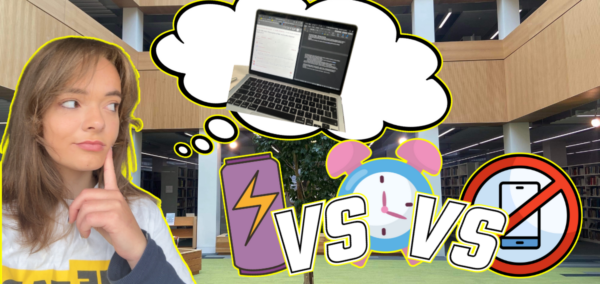
A Bristol Uni student has developed an app to catch AI essay cheats
The app will be able to detect essays written by AI bots like ChatGPT
A University of Bristol student has developed an app that can help to detect essays written by AI bots like ChatGPT.
Ed Daniels is the brains behind the app, called AIED.UK, which scans essays for content written by AI bots and then calculates the probability that it was written by one.
AI bots have seen a recent surge in popularity as they use big data sets and complex algorithms to generate informed and human-like answers that can be put to various uses.
While many people use bots to help them with writing emails, computer code or CVs, they can also be used by students to write essays and other pieces of coursework, which Ed believes isn’t fair.

He said that by using its own AI algorithm, which is also trained using large data sets, AIED.UK “fights fire with fire”.
“AI is an amazing tool and something that I really want to see universities and students using more,” Ed said.
“But it’s also clear that some will abuse it to cheat. No one went to university thinking ‘I’m going to get a chat bot to write my coursework’, so this is a way of making things fair.”
According to Ed, AIED.UK is unique from other AI detectors in that it focuses on spotting academic cheating.

The programme, which uses sentiment analysis and has been trained on both AI and human-generated content, can be downloaded and run on any computer; it simply requires users to feed it a .docx or .pdf file.
The University of Bristol’s student start-up incubator, Runway, has given Ed a grant to help him develop AIED.UK.
Most Read
Ed was “over the moon” to receive the grant and will put it towards paying for server space and buying more data sets to continue teaching his algorithm.
Runway’s Programme Director, Mark Neild, said: “When AIED.UK applied for innovation funding, our judges could see its potential.
“This is a rapidly growing market, so we are keen to help Ed develop his skills and build his exciting software.”
Ed has been coding from a young age and was banned from using his school computers as he convinced his fellow pupils they were being haunted after taking over their screens.

Now using his coding skills for better purposes, Ed hopes to bring on customers to AIED.UK over the coming years while also improving its detection capabilities.
Kate Whittington, Associate Pro-Vice-Chancellor for Quality and Standards at the University of Bristol, said: “AI has huge potential to help students learn and develop their skills at university and will be part of their working life after graduation.
“However, it’s important that we support students in learning how to use it appropriately, as cheating using AI will harm their learning and future employability.
“Ed’s software is really interesting, and we are excited to see how it develops. One day it could be useful to educators all over the world.”
















